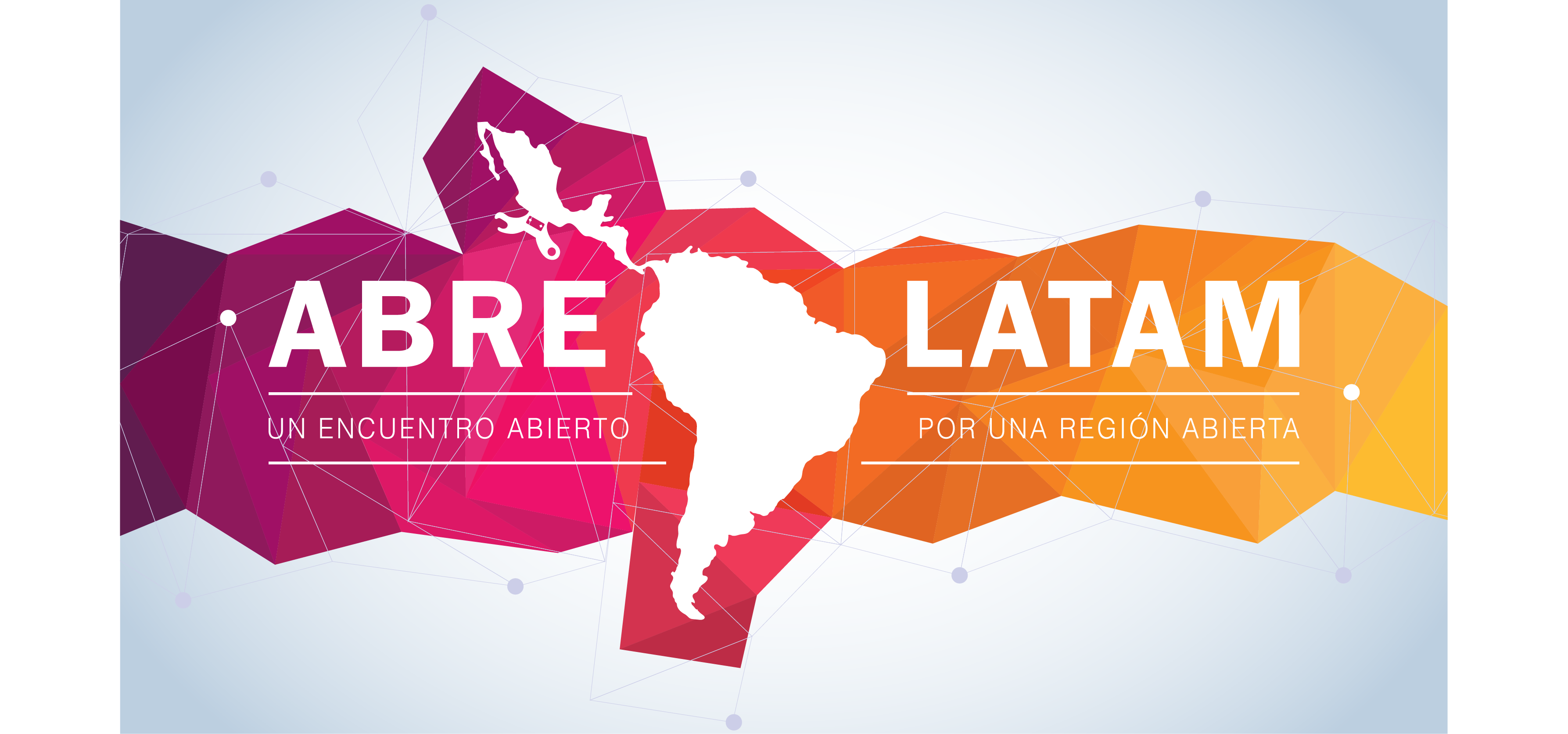One morning in the spring of 2013, a group of Mexicans in their 20s, with scruffy beards, shirts and espressos in hand, decided to react differently to the ridiculous news that Mexico Congress would pay $MXN 115,000,000 (8.4 million U.S. dollars) for "an app". Instead of complaining on social networks or gather signatures, they called the technologist community to build an improved version of the project. In 10 days and for only $MXN 11,500, bringing together more than 200 contributors from around Mexico and publishing five open source applications reusing information, they succeeded. Government has not been the best creating technology (or buying it). And this is why since a couple of years ago, organizations and companies around the world transform the lives of citizens using the government as a platform. Can you imagine a government doing the traffic more efficient as Waze does?
In Latin America, without a doubt, one of the major impact event has been the international event “Developing Latin America”, where every year over the course of a weekend, more than 10 countries participate with national headquarters and dozens of multi-discipline teams to develop technology that improves the everyday life. In parallel, the unconference ABRELATAM and the Open Data Regional Conference for Latin America and the Caribbean, meet together dozens of organizations that strengthen a regional community supported by various international organizations such as Avina, Omidyar and the Hewlett Foundation, among others.
Abrelatam: For a open region
But what's the impact? We could calculate numbers in millions or trillions of dollars, such as the Knight Foundation, McKinsey & Company. We could assume (or hope) that that revolutionary companies in the areas of transportation, education, health, or safety gestate and develop in some Latin American countries. We could argue the gigantic savings governments would make, or quantify the benefits of a society that can make better decisions and have a new generation of democracy.
But I'm sure that the biggest impact will come from the cultural transformation that our society is experiencing, thanks to civic empowerment that civic technology gives the citizen of this century. For now let's stop talking about it, put the megaphone down and start building. That should be the philosophy of the movement.

No comments:
Post a Comment